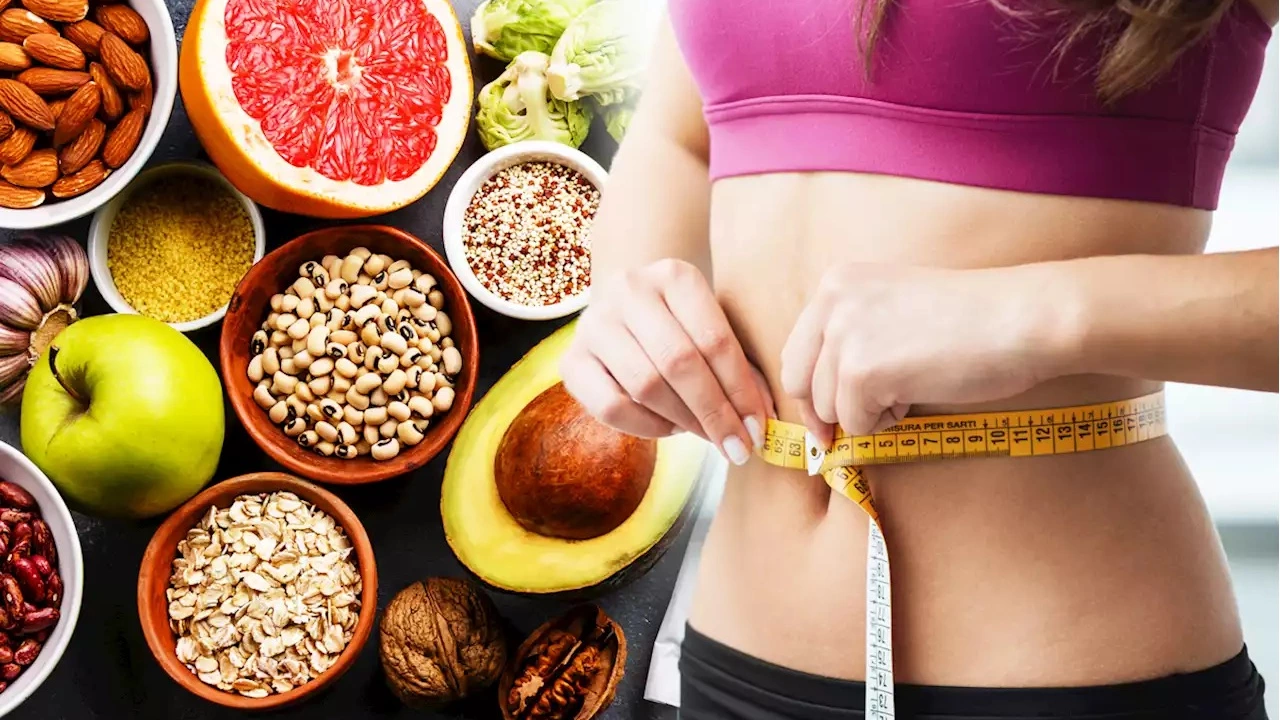In my recent blog post, "The Grape Transformation," I delve into the life-changing benefits of incorporating grape dietary supplements into your routine. I discuss how these supplements, packed with antioxidants, can improve heart health and boost your immunity. Not only that, but they can also enhance brain function and provide anti-aging benefits. I share my own experience and the noticeable difference in my health since I started including these supplements in my diet. It's a must-read for anyone looking to naturally enhance their wellbeing.
Grape Dietary Supplements: Benefits, Forms & How to Choose
Want a simple way to add antioxidant support to your routine? Grape dietary supplements — like grape seed extract and resveratrol — pack compounds that many people use for circulation, skin health, and general antioxidant defense. This page gives clear, usable info so you can pick and use these supplements without guessing.
First, what these supplements actually contain. Grape seed extract is rich in OPCs (oligomeric proanthocyanidins), which are strong antioxidants. Resveratrol comes mainly from grape skins and red wine and is known for anti-aging and metabolic effects in some studies. Grape skin and whole-fruit powders add fiber and polyphenols but in lower concentrations.
Practical benefits people look for
People choose grape supplements for a few reasons: better blood flow, reduced inflammation, skin protection from UV damage, and extra antioxidant support. Small clinical studies suggest resveratrol may help insulin sensitivity and grape seed extract can improve circulation in people with mild issues. These are supportive effects, not cures.
If you have clogged circulation, thin skin, or want a daily antioxidant boost, grape seed extract or resveratrol might help. If you’re chasing broad nutrition, whole grape powders add nutrients and fiber but deliver less concentrated active compounds.
How to pick the right product and dose
Check the label for active ingredients and strength. For grape seed extract, look for standardized OPC content — 100–300 mg daily is a common range. For resveratrol, studies use anywhere from 100 mg to 500 mg daily; many over-the-counter products sit around 100–250 mg. Start low and see how you feel.
Choose third-party tested brands or those with clear ingredient sourcing. Avoid products that hide amounts behind proprietary blends. Capsules or tablets are easy and consistent; powders work if you want to mix into smoothies. If a product promises extreme results or lists dozens of herbs without clear amounts, skip it.
Watch interactions and side effects. Grape extracts can thin the blood slightly; if you take blood thinners, talk to your doctor. Stomach upset or headaches can happen at higher doses. Pregnant or nursing people should avoid high-dose supplements unless a clinician advises otherwise.
Timing and storage are simple. Take with food to improve absorption and reduce stomach upset. Store in a cool, dry place away from direct sunlight. For resveratrol, some forms are more stable; check the label for storage advice.
Want to test if it’s working? Track one measurable goal for 4–8 weeks — better sleep, less leg fatigue, or improved skin texture — and re-evaluate. Don’t swap prescription meds without professional advice.
Bottom line: grape dietary supplements can offer useful antioxidant and circulation support when you pick a quality product, use a reasonable dose, and check for interactions. If you’re unsure, a quick chat with your healthcare provider will keep things safe and targeted to your needs.

